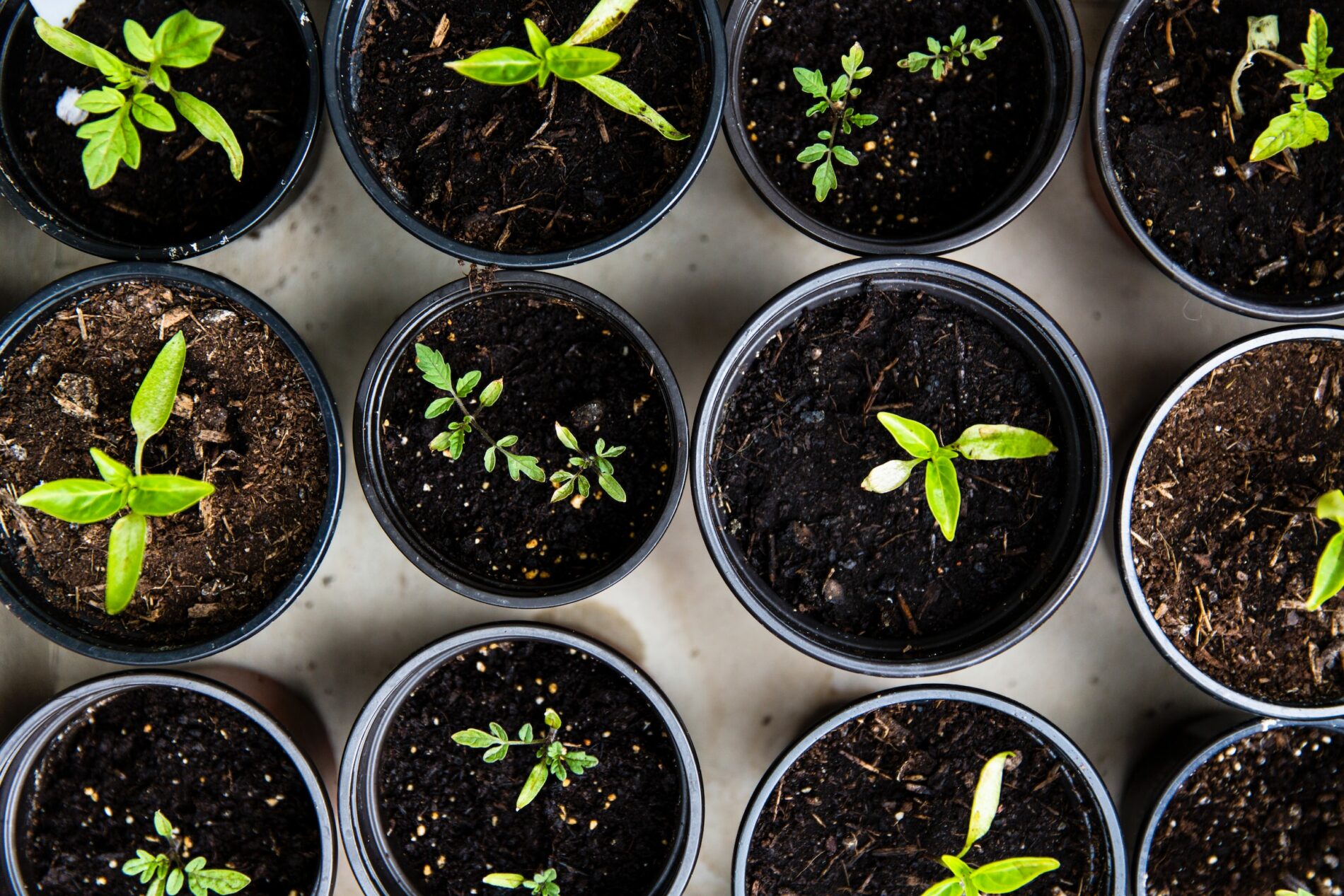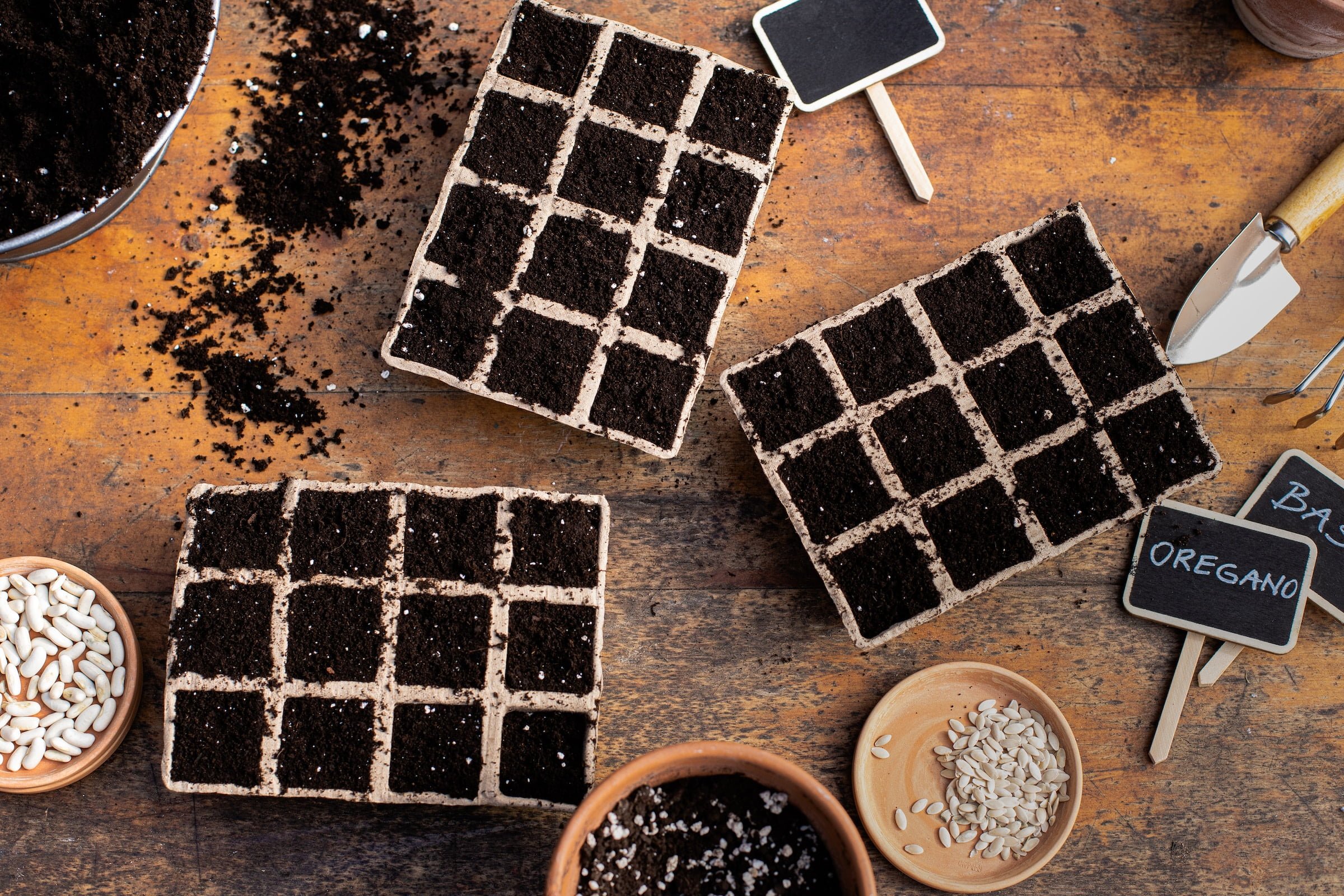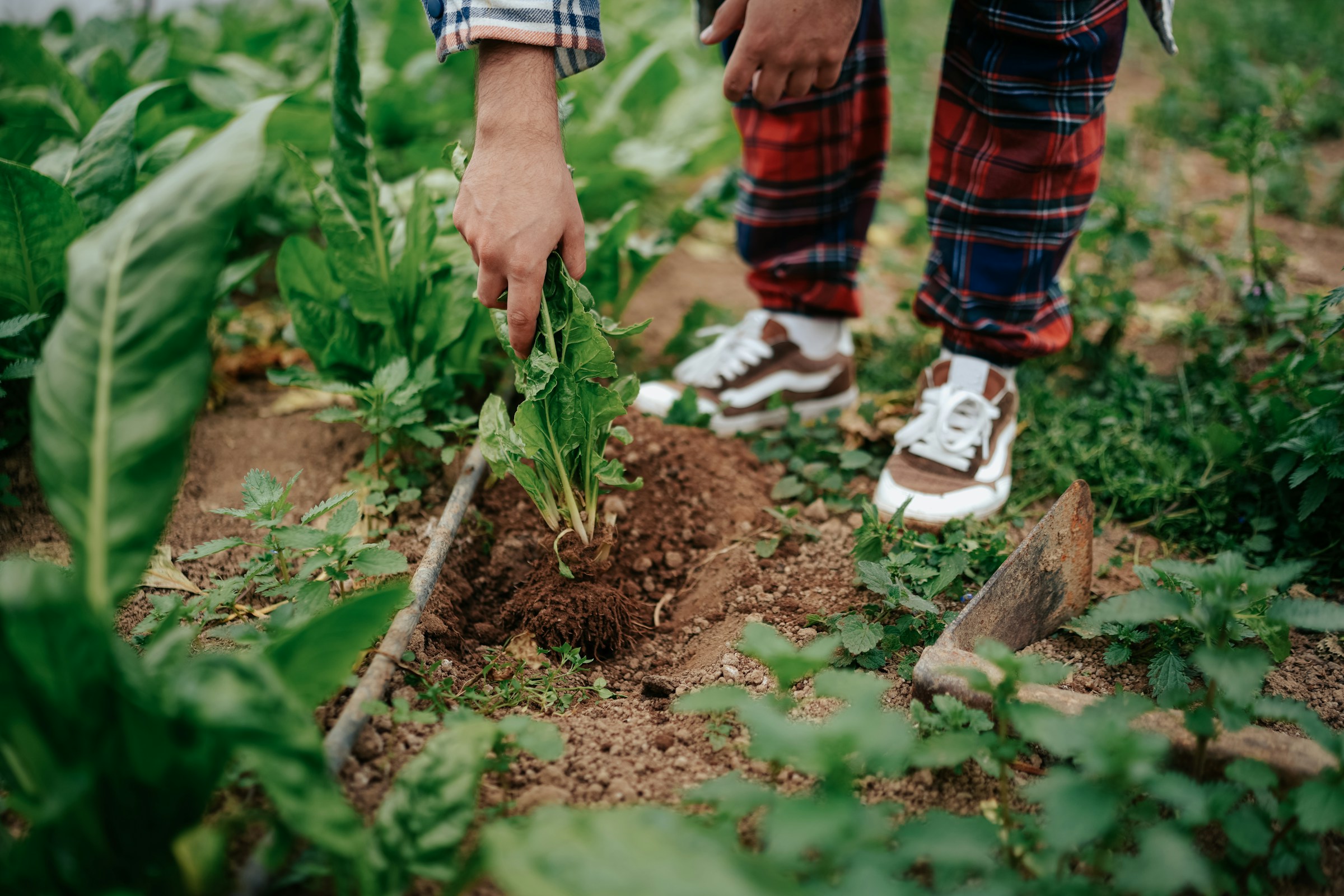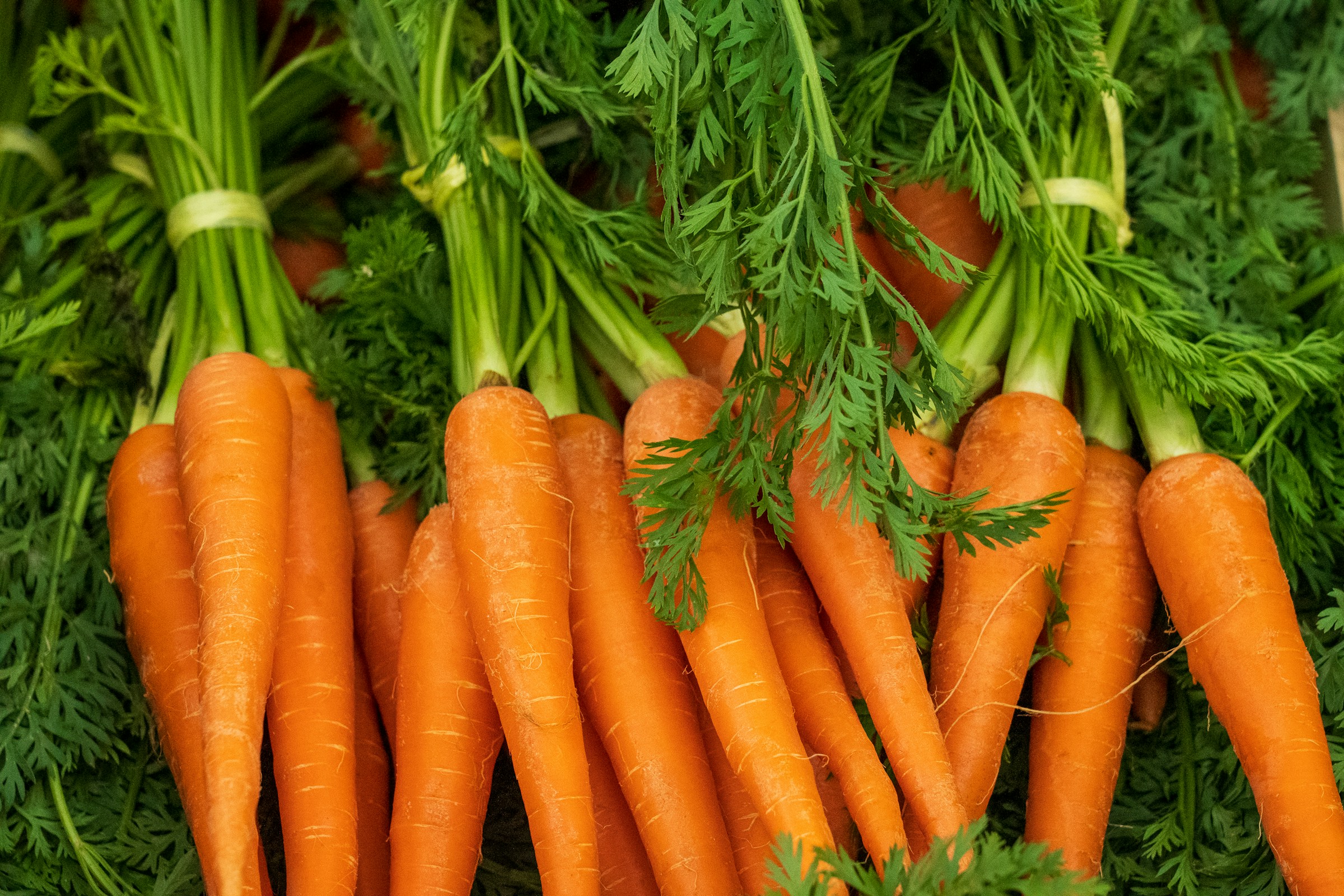Welcome to the ultimate guide on how to sterilize soil, a must-read for gardeners, amateur farmers, and anyone passionate about nurturing healthy, thriving plants. Soil sterilization is a game-changer in gardening, as it eliminates harmful organisms, weeds, and pathogens, creating an ideal environment for your plants to flourish.
In this comprehensive guide, we'll delve into the various methods of soil sterilization, uncover common pitfalls to avoid, and address frequently asked questions about the process. So, let's embark on this journey to master the art of soil sterilization and elevate your gardening skills to new heights!

What is Soil Sterilization?
Soil sterilization is a process that involves the application of chemicals, heat, or other methods to eradicate pests, diseases, viruses, fungi, pathogens, and harmful organisms from the soil.
The purpose of soil sterilization is to create a clean and uncontaminated environment for plants to grow, promoting healthier plant growth and preventing the spread of harmful pathogens and pests.
This process is particularly important when reusing old soil, germinating seeds, propagating cuttings, or transplanting seedlings, juvenile, or vulnerable plants.
Pros and Cons of Soil Sterilization
There are both advantages and disadvantages to soil sterilization that should be considered before deciding whether to use this method in your garden or farm.
Pros:
- Disease prevention: Sterilizing soil can help prevent the spread of harmful pathogens, pests, weed seeds, and fungi that could otherwise infect and damage plants, promoting healthier plant growth.
- Enhanced seed germination: Sterilized soil creates a clean and optimal environment for seed germination, minimizing competition from pathogens and weed seeds and allowing seeds to sprout and establish themselves more effectively.
- Control of harmful organisms: Soil sterilization can help control the spread of harmful organisms like viruses, diseases, bacteria, fungi, and pests.
- Reduced weeds: Sterilizing soil can help reduce the presence of weeds, saving time and effort in weed control.
- Environmentally friendly: Some soil sterilization methods are more environmentally friendly than using harsh chemicals to get rid of pests and diseases.
Cons:
- Loss of beneficial microorganisms: Sterilization eliminates harmful and beneficial organisms, including bacteria and fungi, that contribute to the overall health of the soil ecosystem. The absence of these microorganisms may impact long-term soil fertility and nutrient cycling.
- Alteration of soil properties: Soil sterilization, especially when using chemicals or heat, can alter the soil's physical and chemical structure, potentially affecting plant growth.
- Resistance development: Long-term use of soil sterilants may lead to the development of resistance in weeds and pests, making them more difficult to control.
- Potential harm to non-target organisms: Soil sterilization methods, particularly chemical treatments, may harm non-target organisms, such as insects and wildlife.
How to Sterilize Soil: Methods of Soil Sterilization
- Steaming: Steaming is considered one of the best ways to sterilize potting soil and should be done for at least 30 minutes or until the temperature reaches 180 degrees F (82 C). Steaming can be done with or without a pressure cooker.
- Oven sterilization: Oven sterilization is a quick and effective method of soil sterilization that can kill harmful microorganisms, weed seeds, and pests.
- Microwave: Another method to sterilize soil is by using a microwave. This method is quick and efficient, but following the proper procedure is essential to avoid damaging the soil.
- Solarization: Soil can be sterilized in a plastic sheet and put under the sun. This method may take about six to ten weeks to be effective.
Common Mistakes to Avoid When Sterilizing Soil
- Over-sterilization: Over-sterilizing soil can destroy beneficial microorganisms and alter the soil's chemical and physical properties.
- Not measuring disinfectant solutions: Always follow label instructions for dilution and use of a disinfectant. Measure everything to ensure the proper concentration of the solution.
- Failing to reach designated contact time: Ensure that the surface being cleaned stays wet with the right level of diluted disinfectant for the full time required for efficacy.
Frequently Asked Questions:
Is soil sterilization necessary for all types of gardening?
Soil sterilization is most important when reusing old soil, germinating seeds, propagating cuttings, or transplanting seedlings, juvenile, or vulnerable plants. It is less important when growing mature plants but may still be beneficial for improving crop yield and nutrient availability.
Can soil sterilization harm beneficial microorganisms?
While some methods of soil sterilization can harm beneficial microorganisms, proper application and technique can minimize this risk3. In some cases, soil sterilization may even be beneficial to friendly soil bacteria and other microorganisms.
What are the benefits of soil sterilization?
Soil sterilization can help eliminate harmful organisms, weed seeds, and pathogens from the soil, leading to improved crop yield, relief from soil fatigue, increased availability of nutrients, and reduced damping-off of new plants.
The Bottom Line:
By eliminating harmful organisms, weed seeds, and pathogens, soil sterilization provides a clean and uncontaminated substrate for plants to thrive. We have discussed various methods of soil sterilization, common mistakes to avoid, and frequently asked questions about the process. Armed with this knowledge, you are now well-equipped to sterilize soil like a pro and ensure the success of your gardening endeavours. Happy gardening!




